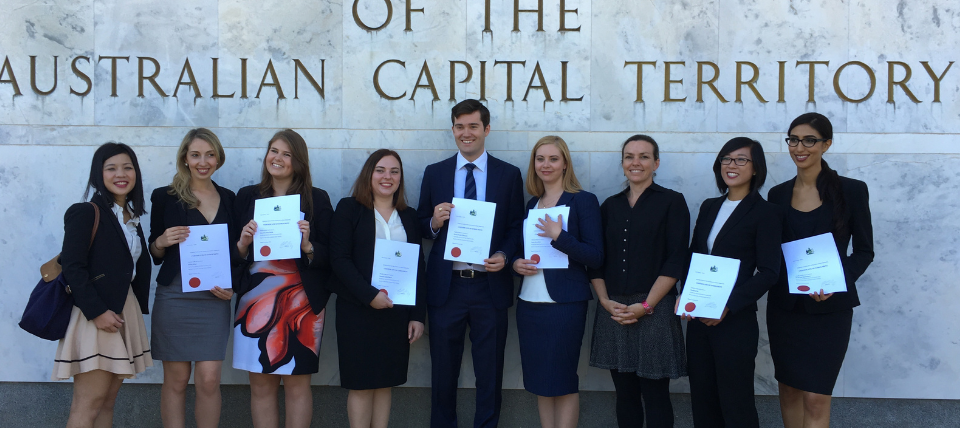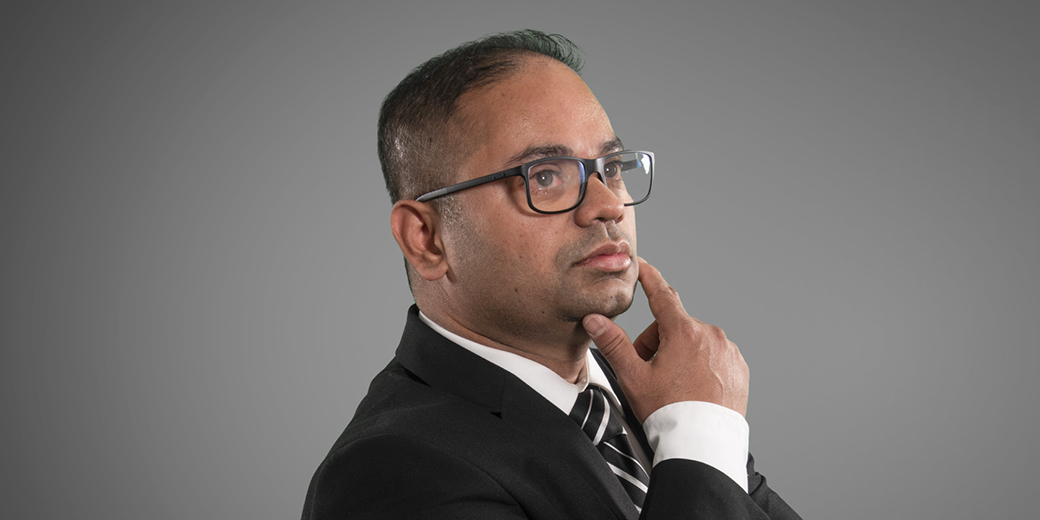Your law degree gives you a strong theoretical understanding of the law. But employers also expect you to have critical practical skills – so you can add value from day one.
That’s exactly why the Practical Legal Training (PLT) program exists: to help you bridge the gap between uni and practice.
Let’s explore the what, why and how of your PLT. And discover how it helps you hit the ground running to accelerate your legal career.
Why Practical Legal Training exists
PLT, or Practical Legal Training, prepares you for your transition from law student to legal professional.
To practise as a lawyer, you’re required to complete your PLT at the end of your academic studies.
But it’s more than an obligation. Your PLT is an opportunity – to expand, sharpen and refine your legal skills. You’ll solve real-world scenarios and build your confidence as an entry-level lawyer who’s ready to soar.
After completing the program, you’ll receive your Graduate Diploma of Legal Practice. You’ll then be eligible to apply for admission as a legal practitioner in your state or territory.
What it takes to complete your PLT
Your PLT is comprised of three essential components (which you have up to four years to complete). These are:
- Component 1: Coursework
You’ll complete five compulsory subjects and two electives – with no traditional exams or essays. - Component 2: Work experience
You’ll apply your knowledge to solve real problems in a dynamic legal environment. - Component 3: Continuing professional education
You’ll open your eyes to the value of ongoing professional development.
At the College, our full-time PLT course runs for 15 weeks. And our part-time course runs for 30 weeks.
How you’ll learn during your PLT
To successfully navigate the switch from classroom to courtroom, you’ll need to confidently apply all the theory you learned at uni.
How? By solving complex legal problems. Completing hands-on tasks. And seeking constructive feedback every step of the way.
When you learn through real-life scenarios, you become skilled in the key areas that practising lawyers navigate day in, day out.
At the College, that means no formal exams or academic essays to worry about. Just practical, hands-on tasks and activities to prepare you for the realities of legal practice.
What happens after your PLT
To be admitted to the Supreme Court in your state or territory, you’ll need to satisfy the following three requirements:
- Evidence of your academic qualifications: You’ll need to send your academic transcript from your Juris Doctor to your local admissions board.
- Evidence of your PLT: When you complete your PLT through the College, we’ll automatically send your completion certificate and conduct report to your local admissions board for you.
- Suitability and capacity (a ‘fit and proper person’): This is an issue of ethics – ensuring legal professionals who interpret, argue and, in some cases, draft the law are of good moral character. You should research the rules of your local admissions board.
How you’ll grow during your PLT
Whether it’s drafting an affidavit, preparing a Statement of Claim or negotiating contracts, you will learn by doing – not by reading – throughout your PLT.
Here’s how you’ll benefit:
- Gain active mentorship: Receive support from successful lawyers who are active in practice and will guide your development.
- Boost your confidence: Be prepared to navigate the day-to-day realities – and challenges – of working as a legal practitioner.
- Enter on equal footing: Enter the workforce on a level playing field with your peers: PLT is compulsory for all legal graduates.
- Expand your network: Connect with your classmates and forge lifelong professional connections with experienced lecturers.









































